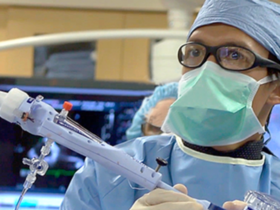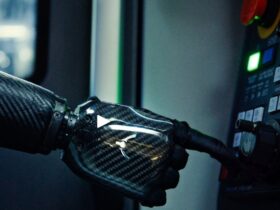 Self-checkout examples at local supermarket’s, and all of the similar AI and machine learning business algorithms are accelerating in Corporate America!
Self-checkout examples at local supermarket’s, and all of the similar AI and machine learning business algorithms are accelerating in Corporate America!
The pandemic and the transition to remote work has led companies to implement a wide range of automated solutions to deal with growing demand, closed offices and budget restraints. The trend to adapt to digitalization has been building for years, but has been accelerated by the pandemic.
As a matter of fact the transition to remote work for many corporations has already peeled away layers of positions for these companies, transforming workplaces in the process. Doctors, lawyers and bankers are also experiencing elements of their jobs being automated, as well. The rush to “telemedicine” is just one example.
Executives typically describe the concept of “process robotic automation” as streamlining operations and liberating workers from mundane and repetitive tasks, while the process also increases profitability. For example, supermarkets with self-checkout machines allow store owners to have fewer employees on a shift.
McKinsey, the major consultancy, predicted before the pandemic that 37 million in the U.S. would be displaced by automation by 2030. That projection has now been increased to 45 million. Sales of automation software are expected to rise by 20% this year, after increasing 12% last year, according to Gartner Research.
As “bots” become more capable of complex decision making, rather than just doing single repetitive tasks, their disruptive potential will grow, even impacting better-educated, better-paid workers in technical and managerial roles. Midcareer professionals are among some of the most at risk.
Researchers have determined the those with bachelors or graduate degrees are more than four times as exposed to risk from AI as those with just a high school education.
One of the revelations of the economic shock of the pandemic by executives is the raised level of awareness about the variety of work that no longer requires human involvement. AI experts are advising corporate CEOs that somewhere between one-half to two-thirds of all the tasks currently being performed by employees at their companies can be done by bots.
What has happened historically, since the 1980s is that tasks have been disappearing to automation faster than new ones are being created. In the past, automation arrived gradually and was mostly centered around manufacturing. But, today, white-collar automation is progressing faster and faster, as determined by Forrester Research.
If you are a mid-career executive or small business owner, what are you doing to adapt to these very obvious trends to the new world of work?














